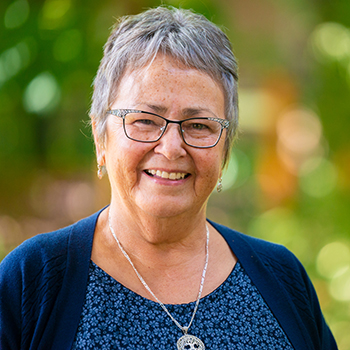While millions across the country have opened their hearts and minds to reconciliation with Indigenous peoples, a systemic gap between the quality of life experienced by Indigenous and non-Indigenous Canadians remains. Whether it be health, housing, education or income, Indigenous peoples trail behind those who are non-Indigenous.
This unacceptable disparity in quality of life should be a concern for every Canadian – and it is certainly a concern at Laurier. Our university community can take pride in the fact that faculty, staff, students and alumni are all working toward a more equitable future.
The stories presented in this special edition of Campus offer the chance to learn about a Laurier story that has mostly gone untold: the growth of Indigenous initiatives at the university during the past two decades. In building leading academic programming, social supports and a true sense of community for Indigenous students, Laurier has quietly become a national leader.

These types of support are critical when considering the barriers facing Indigenous students. Many of those barriers are the same as non-Indigenous students face – finances and academic pressures among them – but others are not. Many Indigenous students attending university represent the first generation in their family to do so; many are away from their home communities and cultural traditions for the first time. For these students, attending university can be a foreign, overwhelming and alienating experience.
That's why I believe that some of the hardest work in building Indigenous initiatives at Laurier has been done by Indigenous students themselves. Many have overcome great challenges to attend university in the hope of gaining an education that will improve their own lives, as well as the lives of others in their home communities and the world at large.
I take tremendous pride in the fact that Laurier has transformed into a university where Indigenous students can thrive. I take equal pride in the people who have done the hard work needed to create such an environment for Indigenous learners. Getting to this point has taken unwavering commitment from the university community.
As you will read in this edition of Campus, we have accomplished much. But there is more to do together and we must not be complacent.
Jean Becker
Senior Advisor
Office of Indigenous Initiatives